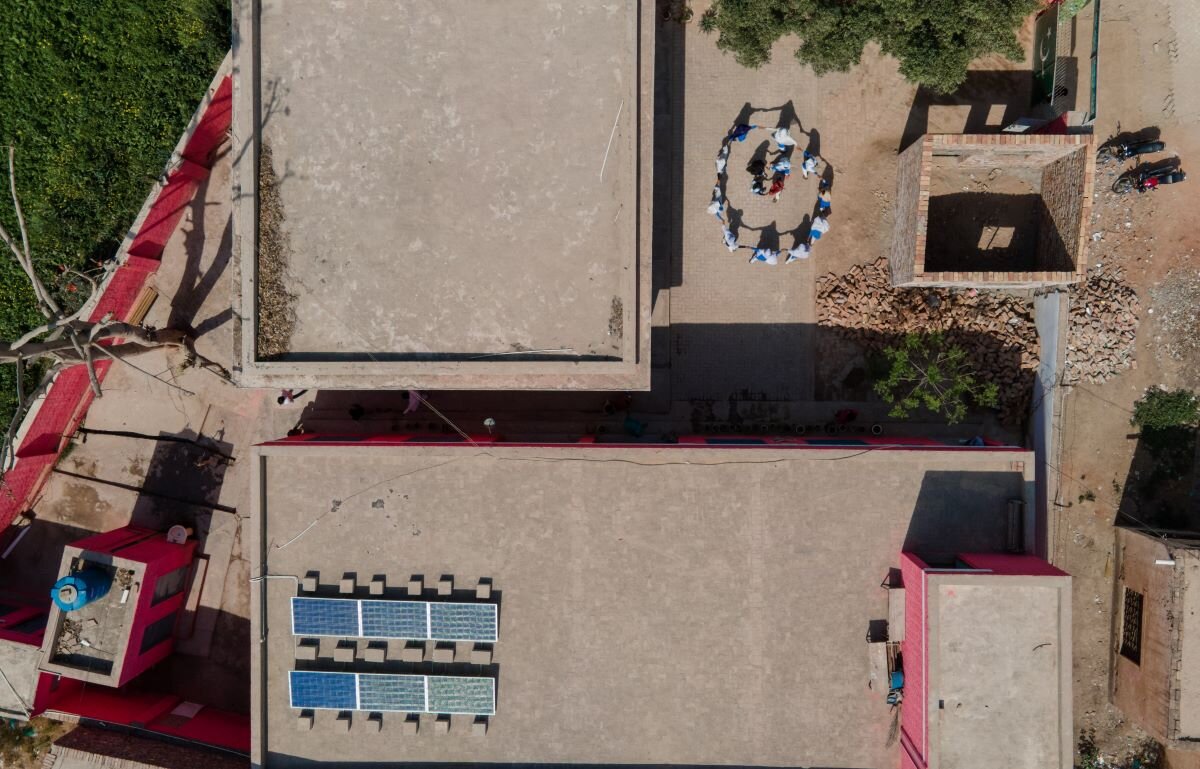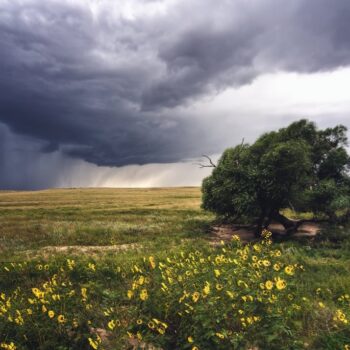Multilateral Development Banks (MDBs) could make billions more in investment capital available for sustainable development. That is the astounding finding of a recent report, commissioned by the G20. Given that MDBs’ whole purpose is to maximise the impact of their funds, their donors are wondering why they have left money on the table. Donors and MDBs alike now need to get to grips with the report’s recommendations.
Trillions of dollars are needed to finance the transition to a decarbonised energy system, especially in the Global South. This needs to happen fast if we are to reach the Paris climate goals.
Right now, there is a global funding gap. Renewable energy investment remains modest, at just $70 billion in 2020 across non-OECD countries excluding China, according to BloombergNEF. The International Energy Agency estimates that the annual total needs to increase sevenfold by 2030 to put the world on a pathway to net zero emissions by 2050.
Ideas on how to fix this issue came this summer from a 14-strong independent review panel of international experts. Their report, entitled Boosting MDBs’ Investing Capacity, focuses on increasing development banks’ capacity to marshal much larger amounts of capital from all sources.
Reforms needed to increase capital
The report argues for five reforms to how MDBs operate:
- Change the way MDBs define their appetite for risk.
- Include “callable capital” in determining MDBs’ ability to cover risks. Callable capital is a type of guarantee that shareholders commit to paying if a bank cannot meet its obligations.
- Be more innovative in how they manage their balance sheets.
- Improve how credit rating agencies assess MDBs’ financial strength.
- Increase access to MDB data and analysis.
Collectively, these reforms can lead to an additional “several hundred billion dollars over the medium term”, according to the panel. They expect reforms can allow MDBs to start raising their lending over the next 12–24 months.
Recommendations 1 and 2 would allow MDBs to make more use of their $1.2 trillion of callable capital. They have long argued that this would affect their credit ratings. However, as the report says, the Inter-American Development Bank was not downgraded after it reformed its risk framework. The panel recommends using an “approach validated by all three credit rating agencies” to integrate a “prudent share of callable capital”.
Recommendations 3 to 5 would redefine the role of MDBs – from lending to mobilising finance. At present, a limited number of bilateral and multilateral banks, mostly owned by the same shareholders, compete for a limited number of easily bankable green projects. Instead, shareholders could steer MDBs away from holding loan assets on their balance sheets for an extended period without clear developmental benefits. Instead, they should use tools to offload risks to the private sector.
This would allow banks to reconfigure portfolios of developing economy loans as green bonds, bringing them closer to the investment mandates of institutional funds. As the report mentions, one approach would be the use of re-insurance instruments or guarantees, as piloted for example by the African Development Bank. These are an established, but under-used, instrument to credit-enhance portfolios, allowing institutions like pension funds from developed economies to provide the bulk of the capital on a low-risk basis.
Political implications
Shareholders have reacted to the report with puzzlement. The best metaphor is perhaps Agatha Christie’s novel Murder on the Orient Express. All stakeholders – MDB executives, donors and the private sector – somehow contributed to the “crime” of leaving an envelope with hundreds of billions on the table. MDBs’ contribution was a reluctance to release donors from the pressure to grant a capital increase, as debated at the World Bank since last year’s annual meeting. Donor nations, meanwhile, were overwhelmingly concerned with maintaining MDBs’ credit rating status. They are only now waking up to the reality that they could have had more bang for MDBs’ buck.
Now shareholders and MDBs need to confront the uncomfortable truth that this murder-mystery story unfolded for too long with no clear beneficiaries, and with the world’s climate hanging in the balance. MDBs though remain sceptical about transforming their use of callable capital. A modest additional capital injection from donors, conditional on a plan to multiply its impact, could ease the way for reform.



